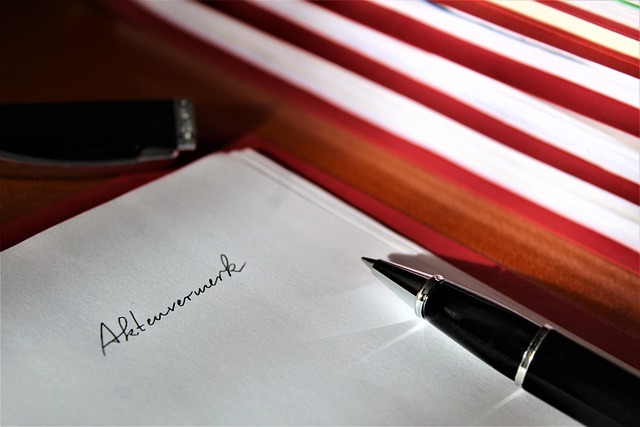Contempt of court, a legal issue stemming from willful non-compliance with orders or rules, undermines judiciary integrity. Recognizing civil/criminal contempt and specific violations is crucial. Knowledgeable legal counsel offers strategic advice to ensure compliance with orders, defend against charges, and use precedents to modify orders or set realistic timelines. Effective communication, clear evidence, and comprehensive record-keeping are vital for navigating these cases successfully.
“Navigate complex contempt cases with comprehensive legal services. This guide delves into the intricate world of contempt of court, exploring its definitions and diverse types. Learn strategic defenses against charges, leverage evidence and documentation for compliance cases, and master effective communication during proceedings. Ensure robust representation and successful navigation of legal discourse. Uncover expert insights on managing contempt issues, pivotal for maintaining justice and order.”
- Understanding Contempt of Court: Definitions & Types
- Legal Strategies for Defending Against Contempt Charges
- The Role of Evidence and Documentation in Compliance Cases
- Effective Communication: Navigating Legal Discourse During Contempt Proceedings
Understanding Contempt of Court: Definitions & Types

Contempt of court is a legal concept that refers to the willful failure or refusal to comply with a court order or rule. It’s a serious matter, as it undermines the authority and integrity of the judiciary. There are two main types: civil and criminal contempt. Civil contempt involves not adhering to an order that was intended to benefit another party, like failing to pay child support or not adhering to a restraining order. Criminal contempt, on the other hand, is willful disobedience of a court’s process or decency, such as disrupting a trial or refusing to swear under oath. In both cases, understanding the nature and consequences of one’s actions is crucial for ensuring compliance with orders and avoiding severe legal repercussions.
The key to navigating contempt cases effectively lies in recognizing different types of non-compliance. For instance, failure to appear in court when summoned or to produce requested documents can lead to civil or criminal contempt charges, depending on the context and intent. Knowledgeable legal counsel is essential to help individuals understand their obligations, interpret complex orders, and take appropriate action to avoid being held in contempt. Services that encompass comprehensive legal representation, including strategic advice and robust advocacy, are vital for successful outcomes in such delicate matters.
Legal Strategies for Defending Against Contempt Charges

When facing contempt charges, a robust legal defense strategy is essential. One key aspect is demonstrating compliance with orders. Legal professionals can scrutinize the underlying court orders to ensure they are clear, specific, and enforceable. If any ambiguity exists, they can argue that there was a good-faith attempt to comply within the constraints presented.
Additionally, attorneys can leverage legal precedents and case law to challenge the contempt allegations. They may also negotiate with prosecutors or judges to reach a resolution, such as modifying existing orders or setting realistic timelines for compliance. Effective communication and a thorough understanding of both the client’s actions and the legal framework are crucial in defending against contempt charges.
The Role of Evidence and Documentation in Compliance Cases

In contempt cases, evidence and documentation play a pivotal role in establishing compliance with court orders. Legal professionals must meticulously gather and present proof that the ordered actions have been carried out, ensuring due process is followed. This includes obtaining official records, such as court filings, legal notices, and any correspondence related to the case. These documents serve as irrefutable evidence of adherence or non-compliance, guiding the judicial interpretation of the facts.
Effective documentation facilitates a clear understanding of the issues at hand, enabling judges to make informed decisions. It allows for a transparent evaluation of whether the contemner has fulfilled their legal obligations, thereby strengthening the integrity of the legal process. Therefore, proper evidence and comprehensive record-keeping are essential components in navigating compliance cases successfully.
Effective Communication: Navigating Legal Discourse During Contempt Proceedings

Effective communication plays a pivotal role in contempt proceedings, where clarity and precision are paramount. During these legal processes, individuals face the intricate task of understanding and adhering to complex legal terminology and procedures. Thus, it’s crucial for all parties involved—from clients to legal professionals—to employ strategies that enhance comprehension and foster open dialogue.
In navigating this discourse, ensuring compliance with court orders becomes more manageable. Clear communication channels allow for a better understanding of the obligations and rights associated with contempt cases. This, in turn, facilitates proactive participation in the legal process, enabling individuals to present their sides effectively while demonstrating respect for the authority of the courts.
